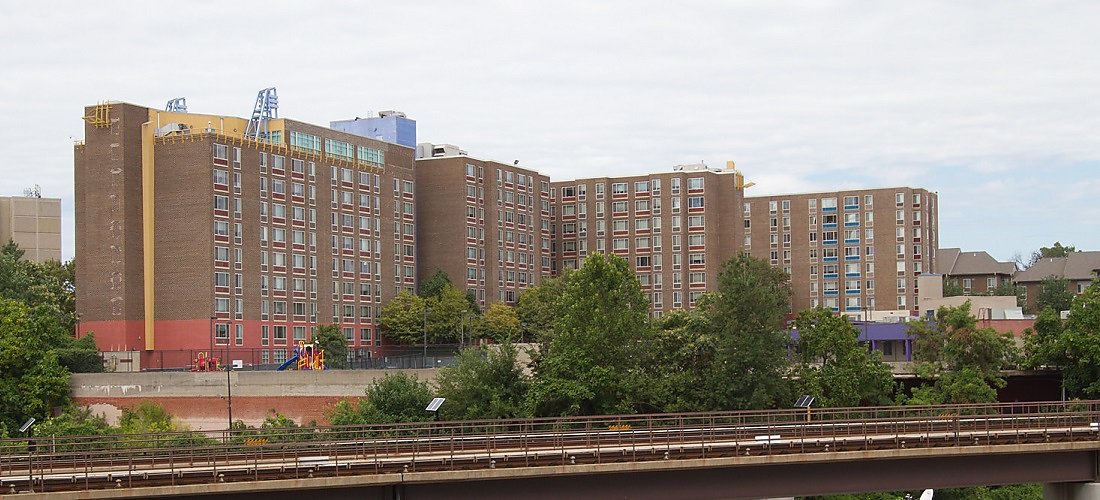A main goal of the House Republican tax plan is to reduce marginal tax rates, which are the rates that affect economic decisionmaking. Cutting marginal rates reduces the harm caused by many of the special-interest breaks in the tax code, while reducing the value of those breaks to recipients. That is why even some supporters of breaks that the House plan would not repeal are not pleased with the rate-cutting reforms.
As an example, the House tax plan does not repeal the Low-Income Housing Tax Credit (LIHTC), but supporters of the subsidy program are not happy. The credit is taken by big banks on their corporate tax returns, and it has spawned an industry of real estate, financial, and services firms, as well as state and local housing bureaucracies.
In an upcoming Cato study, Vanessa Brown Calder and I describe the flaws in the LIHTC and recommend its repeal. We discuss some of the flaws in this op-ed.
The House tax plan would affect the LIHTC in three ways:
- Cutting the corporate tax rate from 35 to 20 percent would reduce the value to corporations of investing in LIHTC properties because the tax-loss benefits would be smaller.
- Eliminating tax-free private activity bonds would end subsidies that are often paired with LIHTC subsidies on housing projects.
- Changing the LIHTC inflation factor would slow the growth of the $9 billion credit over time.
Those would be good changes, but as the tax debate moves to the Senate, it would be nice to see some members push for LIHTC elimination. That would free up $9 billion a year to offset a further reduction in the corporate tax rate.
President Trump said, “tax reform must dramatically simplify the tax code [and] eliminate special-interest loopholes.” And yesterday, House Speaker Paul Ryan said he wanted to “clean out the special interest loopholes in the tax code.”
Great! You folks should add the LIHTC to the clean-out list. It is a complex corporate giveaway that provides limited benefits and suffers critical flaws.
Look for our forthcoming study, “Low-Income Housing Tax Credit: Costly, Complex, and Corruption-Prone.”

